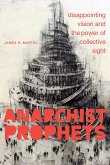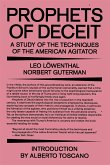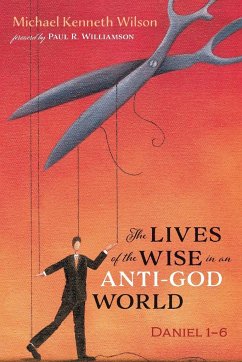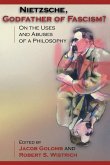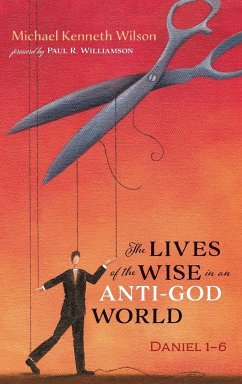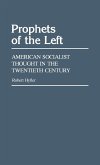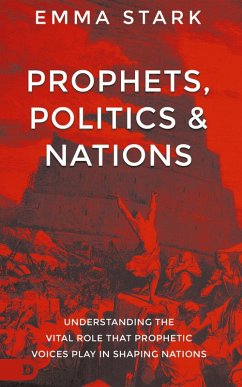In this engaging study, Sean Illing examines the effect of Fyodor Dostoevsky and Friedrich Nietzsche on the development of Albert Camus's political philosophy. This innovative book attempts to offer a substantive examination of Camus's dialogue with Nietzsche and Dostoevsky. The connections among these writers have been discussed either in the general context of modern thought or via overlapping literary themes. This project emphasizes the political dimensions of these connections. In addition to re-interpreting Camus's political thought, the books aim to clarify Camus's struggle with transcendence and to bring renewed attention to his unique understanding of the relationship between nihilism, ideology, and political violence in the twentieth century. Prophets of Nihilism focuses on Camus's dialogue with Nietzsche and Dostoevsky for three reasons. First, these are the thinkers with whom Camus is most engaged. Indeed, the problems and themes of Camus's work are largely defined by Dostoevsky and Nietzsche; a full account of this dialogue will therefore enhance our understanding of Camus while also reinforcing the enduring importance of Nietzsche and Dostoevsky. Second, it allows a recasting of Camus's political philosophy as both a synthesis of and a response to Nietzsche and Dostoevsky's projects. Finally, this approach allows for a reassessment of Camus's broader political significance, which Illing contends has been heretofore undervalued. Ultimately, he argues that Camus remains among the most important moral and political voices of the twentieth century. Although limited, in the author's opinion, his philosophy of revolt offers a humane portrait of justice and articulates a meaningful alternative to the extremes of ideological politics.
Hinweis: Dieser Artikel kann nur an eine deutsche Lieferadresse ausgeliefert werden.
Hinweis: Dieser Artikel kann nur an eine deutsche Lieferadresse ausgeliefert werden.


